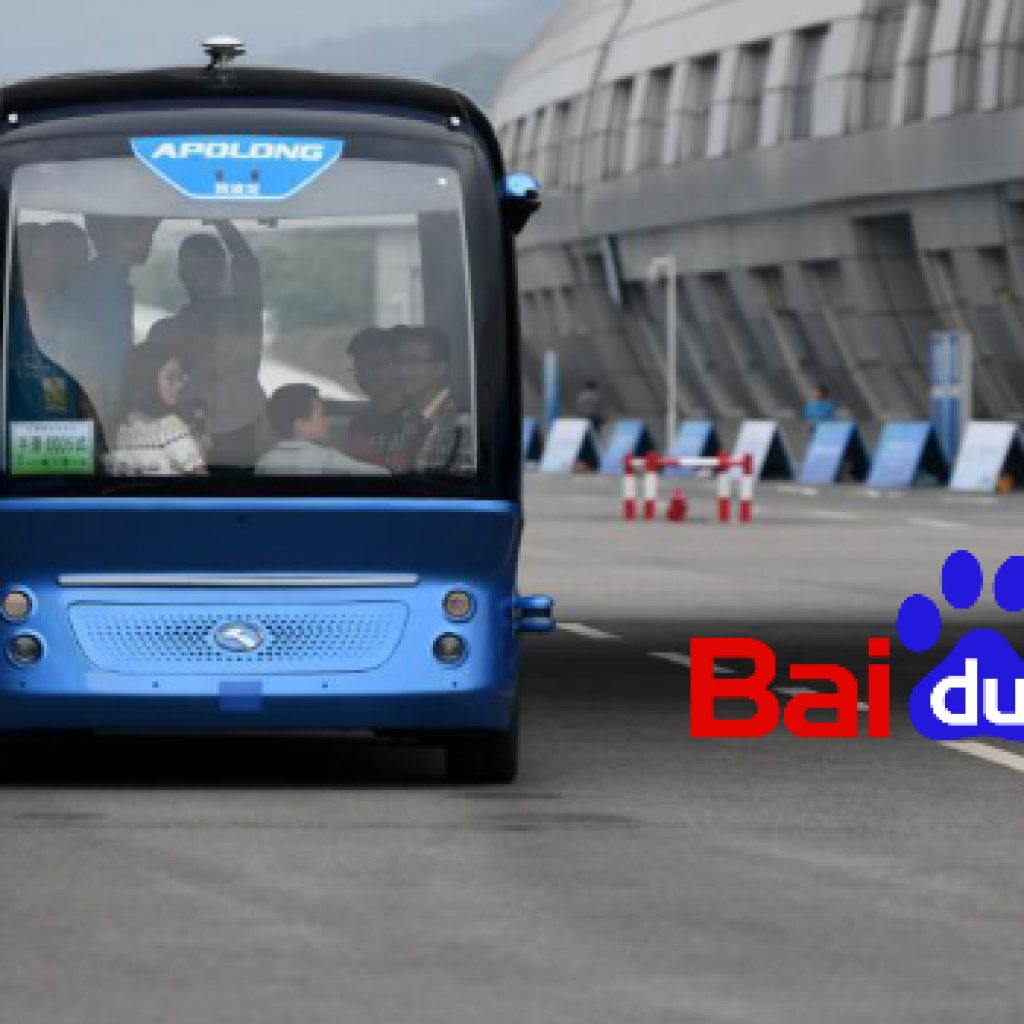
Chinese technology giant, Baidu announced on Wednesday that the company has started with the massive production of Apolong, China’s very first autonomous mini-buses and will be launched very soon.
The bus will seat 14 people in total and will carry passengers from tourist areas, parks, industrial campuses, airports and other locations. The Apolong is a level four autonomous vehicle, which means that the vehicle can work in enclosed places safely without any human interaction.
“2018 marks the first year of commercialisation for autonomous driving. From the mass production of Apolong, we can truly see that autonomous driving is making great strides — taking the industry from zero to one,” said Robin Li, CEO of Baidu.
The Apolong will be about one-third of the size of a normal bus and will not have a steering wheel, driver’s seat, accelerator or a brake. The buses are being produced under Baidu and Chinese bus maker King Long. Baidu intends to introduce the bus service in various Chinese cities including Beijing, Pingtan, Shenzhen, and Wuhan. However, the company also has aspirations beyond China and has plans go further in terms of expansion.
Baidu isn’t focusing on manufacturing the actual vehicle, it is basically focused on the manufacturing part of the software that will drive it. Apart from this, it will also put good efforts in delivering services like data and high-skilled computing.
The firm wants all the possible companies to make use of its Apollo platform. At present, there are around 116 partners on the platform that include Jaguar Land Rover, Valeo, Byton, Leopard Imaging and Suning Logistics.
An interesting information that Baidu revealed is that as of now, it has built 100 Apolong vehicles along with King Long. Apart from this, the company also announced the release of Apollo 3.0 which will be integrating Mobileye’s Responsibility Sensitive Safety model to enable safer driving.
Baidu is expected to develop the software for the autonomous vehicle by the end of 2021, that will be enough to operate on non-geofenced roads, initially on simple city roads, and then on all highways and city roads. China is now taking major steps in the field of technology growth and also in the automobile sector. After smartphones and digital world, the country is using its technological mind in the improvement of the automobile sector.
